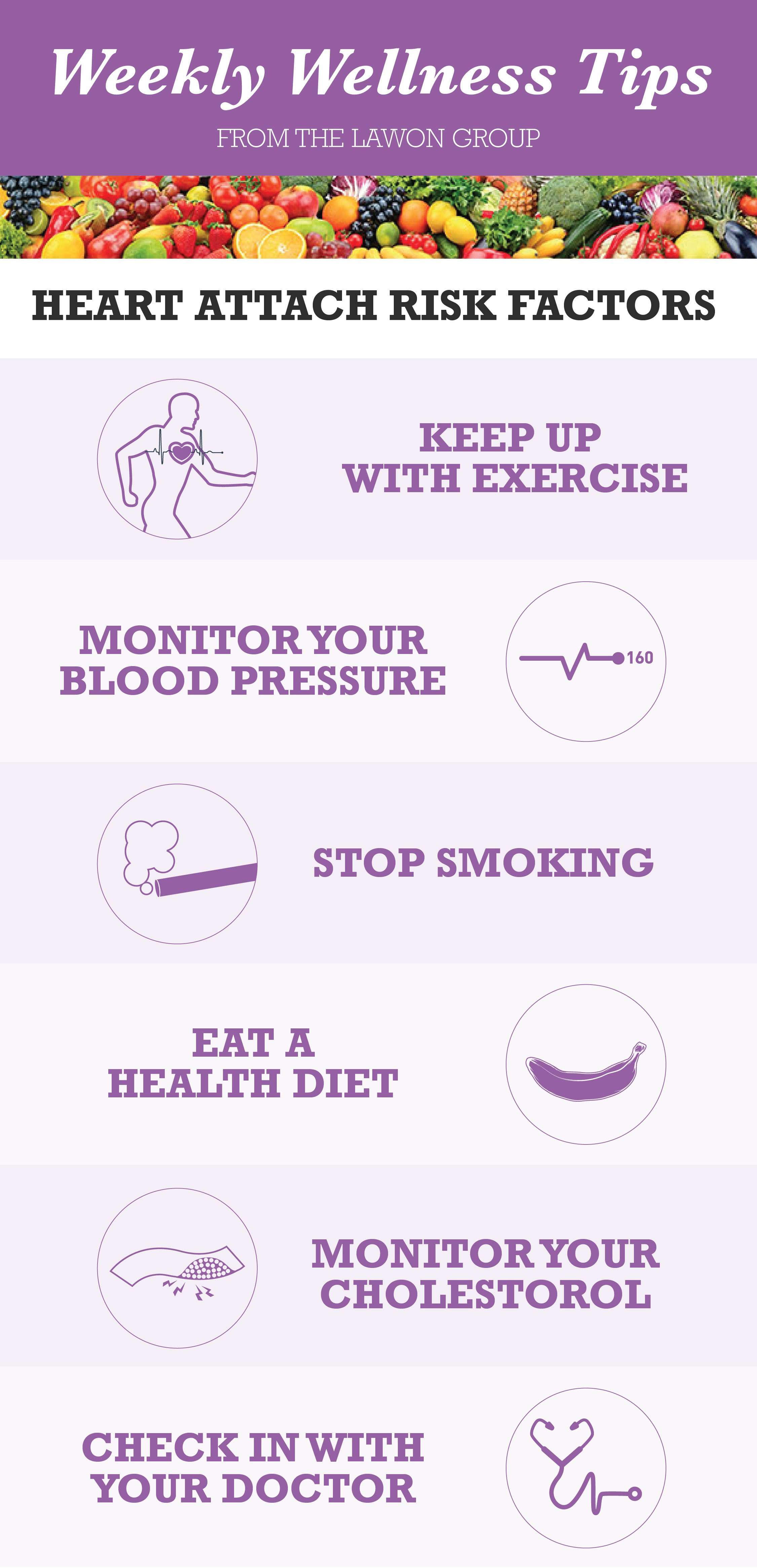Nearly 1 in 2 adults in the U.S. has high blood pressure and if left uncontrolled, this can increase the risk for disease, stroke, cognitive decline, and worse. But it's not too late to make a change for the better.
The American Heart Association laid out a checklist of factors that impact your ticker's ability to keep on ticking. Which ones can you check off?
For your convenience, you can download the printer-friendly version of this post here.

No Smoking
If you've never smoked or quit at least a year ago, then your risk of adverse heart health effects is minimized.
Not to mention, quitting smoking means protecting your family and friends from the risks of secondhand smoking.
Check Your Body's Insights
Listen to what your body is telling you.
Having a healthy body mass index (BMI)—an estimate of body fat determined by a formula using weight and height—is one way you can make sure your heart is working in optimal conditions.
Maintain a blood pressure of 120/80 or lower and a fasting blood glucose of less than 100 milligrams/deciliter. Maintain total cholesterol of fewer than 200 milligrams/deciliter.
If “good cholesterol” (HDL) is very high, it is possible to be an exception to this. Talk to your doctor if this applies to you.
![]()
Keep Up with Your Exercise
Aerobic exercise, resistance training, and stretching are three excellent routines you can factor into your day-to-day to encourage heart health.
It is recommended to engage in at least 150 minutes per week of moderate-intensity exercise for ideal health or 75 minutes per week of vigorous exercise.
Eat a Healthy Diet
Eating a healthy diet with at least four of the key components listed below followed.
For a 2,000-calorie diet, these include:
- 4.5+ cups of fruits and veggies per day
- 2+ servings of fish per week (preferably oily fish, such as salmon)
- 3+ one-ounce servings of fiber-rich whole grains per day
- Limiting sodium to less than 1,500 milligrams per day
- Drinking no more than 36 ounces weekly of sugar-sweetened beverages








